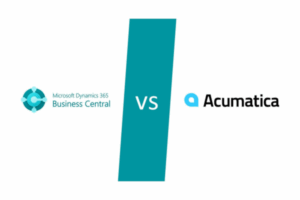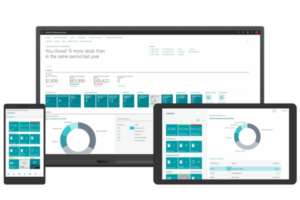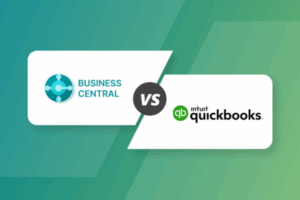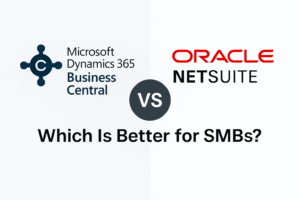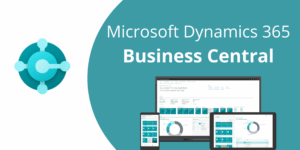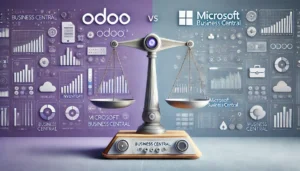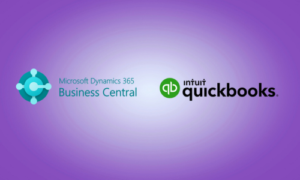What Are the Licensing Options?
Microsoft Business Central offers three main types of licenses: Full Users, Team Members, and Device Licenses. Think of them like different types of tickets to a concert and each gives you a unique level of access.
Full Users: The VIP Pass
These licenses are for your key players. Think about your accountants, project managers, and inventory specialists. The folks who need to access everything. A full license gives them the ability to manage finances, oversee projects, handle inventory, and more.
Example: Imagine Lisa, your controller. She’s responsible for running financial reports, tracking budgets, and keeping the company on track. She needs full access to Business Central because her job relies on it. Without it, she’d be flying blind.
Cost: Around $70 per user, per month. $100 per user, per month if you need manufacturing
Team Members: General Admission
Team Member licenses are for employees who only need to do a few tasks. They can look up information, approve expenses, or log their time, but they don’t need full control over the system.
Example: Take Mark, your warehouse assistant. His job is to log received shipments and update inventory counts. A Team Member license lets him do just that without giving him access to all the financial data Lisa works with.
Cost: Roughly $9 per user, per month. Pretty affordable, right?
Device Licenses: The Shared Pass
This option is perfect for shared workstations or handheld devices used by multiple employees. Instead of paying for individual licenses, you pay for the device itself.
Example: Say your warehouse team uses a shared scanner to track inventory during shifts. A single Device License covers that scanner, no matter how many employees use it.
Cost: About $40 per device, per month.
How to Choose the Right Mix
Here’s the golden rule: Match the license type to what your team members actually do. Over-licensing is like buying everyone in the office a VIP concert ticket when most of them just want to enjoy the show from general admission.
Step 1: List out all your employees and their roles. Step 2: Think about what each role needs access to. Step 3: Assign the right license to match their needs.
Avoiding Common Pitfalls
1. Don’t Pay for What You Don’t Need
Some businesses give everyone full licenses because it feels simpler. But that’s like giving your entire team company credit cards and it’s overkill for most.
2. Plan for Growth
If you’re expanding, make sure your licensing can scale. Start with the essentials and add more as your team grows.
3. Get Help If You’re Stuck
At Alchemy 365, we’ve seen businesses waste thousands on unnecessary licenses. We’re happy to help you map out a plan that fits your business without breaking the bank.
Wrapping It Up: You’ve Got This
Licensing doesn’t have to be a headache. Whether you’re just starting with Business Central or scaling up, understanding the basics can save you time, money, and stress.
If you’re still scratching your head or wondering how this all works for your specific setup, feel free to reach out to us at Alchemy 365. We’re here to make the process smooth, not salesy. After all, it’s your business—let’s make it work for you.






